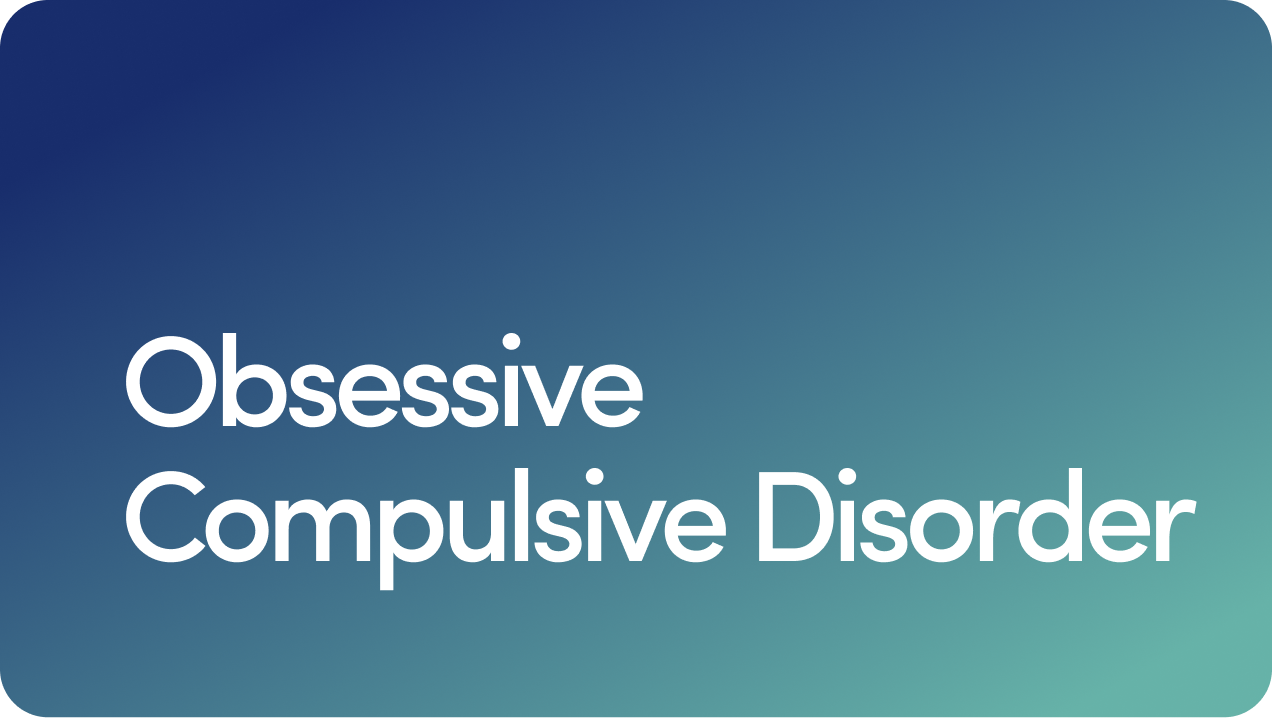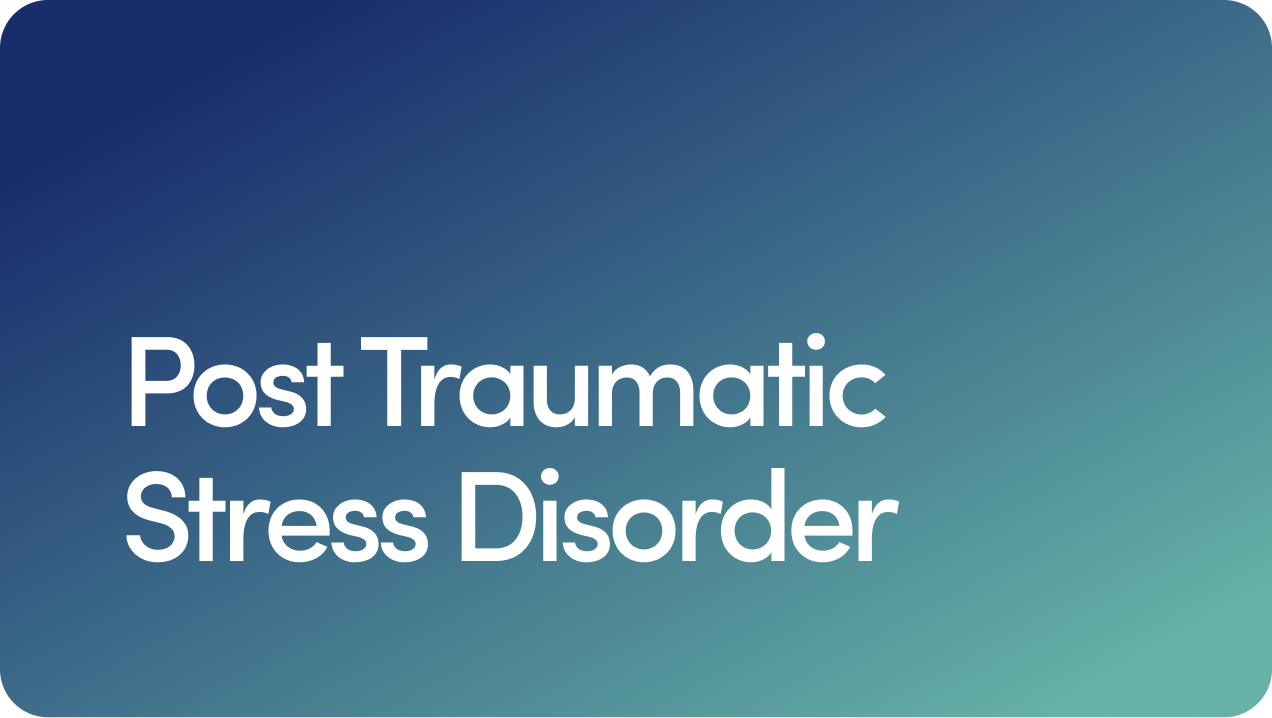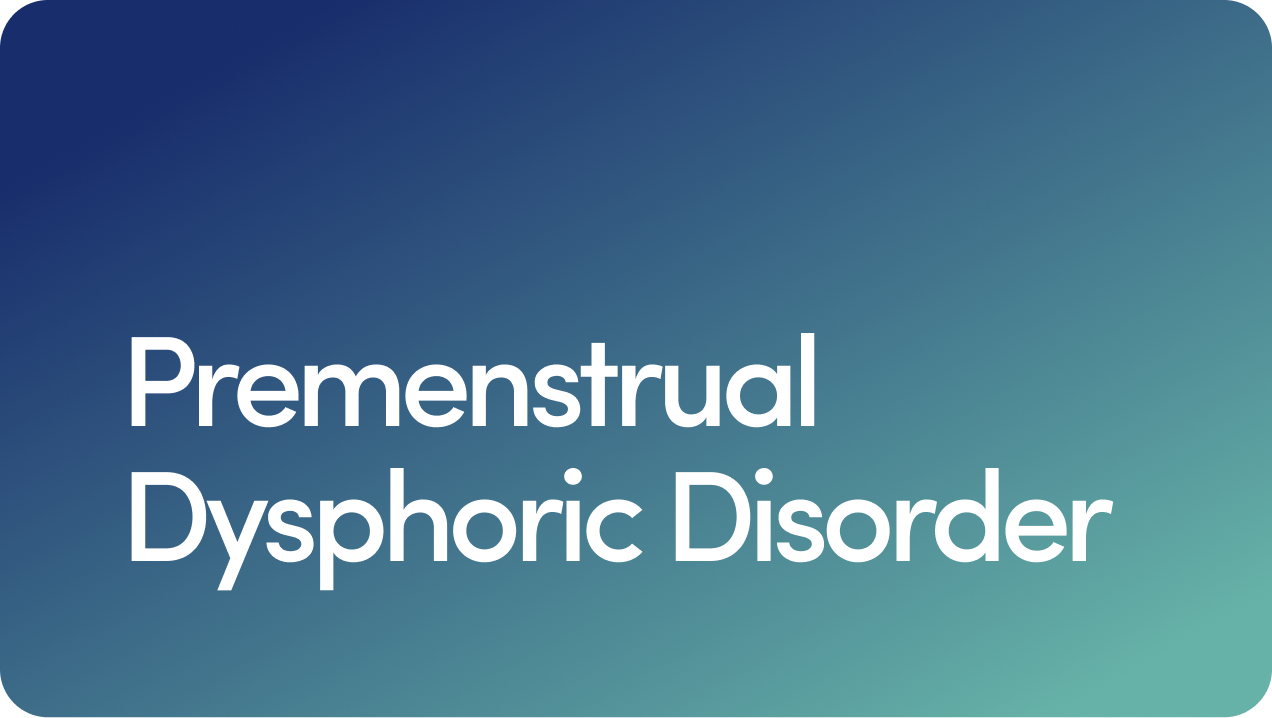Content
Free Mental Health Assessment
What Everyone’s Missing About New Study on Running For Mental Health—a Psychiatrist Weighs In

Written by Daniel Z. Lieberman, MD
Published 11/03/2023
If someone you love is the kind of person who wakes up excited to greet the morning with a sunrise jog, or to work through the stresses of a long day by pounding the pavement after work, then you’ve probably had your fair share of gentle nudges to “Just try it. You’ll feel better.”
A new study seems, at first glance, like your endorphin-chasing friends may be onto something. The study is being widely covered as evidence that running can be just as effective at treating mild depression and anxiety as antidepressants.
For a lot of people, that could sound like an exciting development. After all, who doesn’t want to improve their mental and physical health? Before you let your friend sign you up for that Thanksgiving Turkey Trot (or guilt you for skipping out on another year), let’s dig a little deeper into the study.
Content
As promising as the idea might sound at first, the actual data doesn’t sufficiently support exercise out-performing antidepressants as a large-scale takeaway.
The study only followed 141 people—a number that, scientifically speaking, isn’t large enough to allow for confident, widely applicable conclusions.
Moreover, the researchers weren’t able to randomize all their participants, meaning many participants chose whether they wanted to be assigned to the running group or the antidepressant group. Because of participants’ preferences, the running group was not only larger but also full of people who might’ve already been inclined to consider that form of exercise helpful in their lives. And, by the study’s end, the running group also saw more participants drop out.
To their credit, the researchers were transparent about the limitations of the study. But as with any complicated data, it’s easy for important caveats to get lost in the flurry that follows when a study gets picked up in the news (especially when some readers only see the headlines).
So what did the study find, and what does it mean for your mental health, your exercise regimen, and how the two are related? To fully understand that, we’ll need to zoom out for a moment and take stock of what depression does to the brain.
How Depression Affects the Brain
You’re probably familiar with the clinical explanation of mental illness, depression and anxiety in particular, being caused by a “chemical imbalance” in the brain. The science is moving away from this view, though. Researchers and clinicians are realizing a better explanation is that the brain is sick.
Individual neurons, or nerve cells, transmit signals from the brain to other parts of the body. Ideally, our neurons would be robust, with lots of little extensions called dendrites that receive signals from other neurons and help us move, speak and think. But when someone is depressed, their neurons grow frail—think Charlie Brown’s Christmas tree vs. the showstopper that Santa sits in front of at the mall. Neurons can also die, shrinking the brain in a process we call atrophy.
The good news is that growth factors in the brain can reverse this process by helping our neurons create new connections in the brain. Exercise stimulates the release of these growth factors, as do many antidepressants. Selective serotonin reuptake inhibitors, or SSRIs, increase the activity of serotonin in the brain, which stimulates the release of the brain growth factor. Similarly, exercise elevates our growth factor levels.
Exercise and Mental Health
Decades of research have proven that exercise is unquestionably beneficial to both our physical and mental health, and this study affirms many of those findings. Participants in the running group saw improvement in many markers of overall health. But exercise doesn’t have to be as intense as running to have a positive effect.
I tell my patients all the time that brisk walking, which I like to do myself, is about 90% as good as running when it comes to our health. In the early days of the pandemic, when many people had their commuting routines disrupted, I found that my patients with dogs benefited tremendously from the required daily walking. Unlike the “runner’s high” we often hear about, the physical and mental advantages of low- or mid-intensity exercise are far easier to reach—and to sustain.
That brings us to another element of the study that it feels really important to highlight: Every participant who opted for running therapy over using antidepressants did so under very specific conditions. The participants were part of a group, which meant that they benefited from the simple act of gathering regularly to accomplish a shared goal.
The structure of the study also provided a key source of external motivation. The rest of us are unlikely to ever find ourselves in a situation where researchers are keeping tabs on us to ensure that we stay committed to a 16-week regimen of running 45 minutes multiple times a week.
So while it’s wonderful that these participants saw some relief from the symptoms they were struggling with prior, I worry that the findings may set others up to be hard on themselves if they don’t see the same benefits. Without the benefit of a cadre of fellow study participants and a group of researchers invested in the outcome of your habits, even the most energetic new runner might have a hard time keeping up with the routine that led to improved health outcomes in the study.
Among depressed people, that expectation feels even less fair: Depression can tank your motivation and energy levels, sometimes making it feel impossible (or nearly impossible) to do even basic tasks. For some people, that leads to guilt and shame, which can reinforce the negative thought patterns they’ve already been grappling with before even seeking out running therapy in the first place.
That’s not to say that exercise, and running in particular, can’t be a great first response if you notice the onset of symptoms that might suggest mild depression. Pursuing exercise as a form of treatment can be effective for some, but if you don’t see a substantive shift within two weeks (as a general rule of thumb), consider rethinking your plan.
For patients dealing with more severe cases, my fear is that exercise alone isn’t enough. People shouldn’t be discouraged from seeking out the support they need to fight this illness, and often, the most effective way to do so is with medication that can help give your brain the tools it needs to revive what’s been lost.
Depression changes us at a fundamental level, and the best treatments are the ones that begin with meaningfully acknowledging that.
Along with antidepressants, which can help people feel energetic enough to even pursue other treatment (like exercise!), there’s a whole range of treatment options that can make a world of difference.
Regimented exercise is one item on that menu, but this study’s findings also support the idea that just participating in a group activity can be uplifting. That can be running, to be sure, but it can also be any activity that brings you joy and gets you moving—gardening, wood-working, throwing a baseball with your kids. No matter what, reaching out to others to seek the help you need isn’t weak; it’s an act of strength.
This article is for informational purposes only and does not constitute medical advice. The information contained herein is not a substitute for and should never be relied upon for professional medical advice. Always talk to your doctor about the risks and benefits of any treatment. Learn more about our editorial standards here.
Related Articles
Related Conditions
 Anxiety
Anxiety
 Depression
Depression
 OCD
OCD
 PTSD
PTSD
 Bipolar Disorder
Bipolar Disorder
 Premenstrual Dysphoric Disorder
Premenstrual Dysphoric Disorder